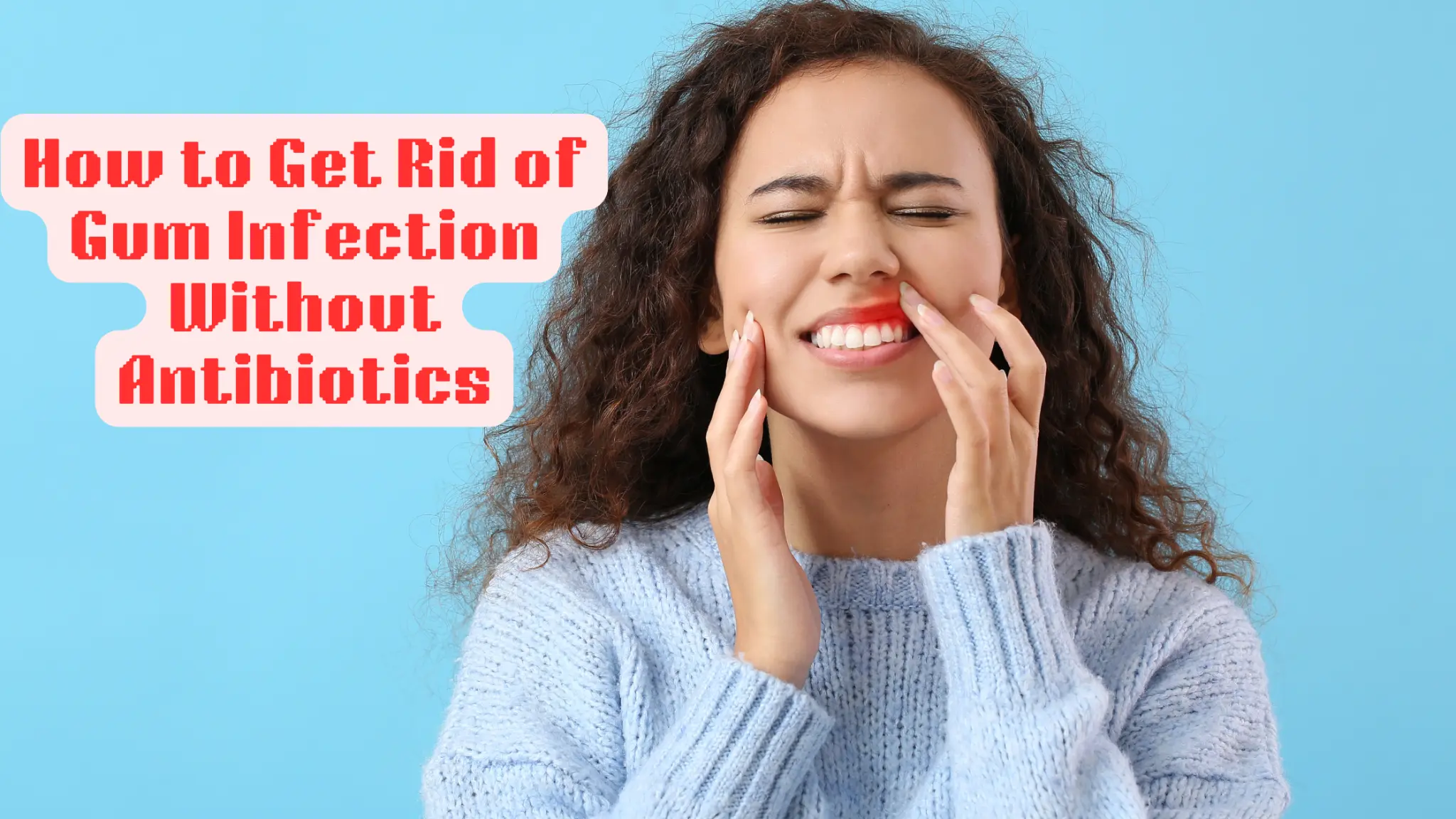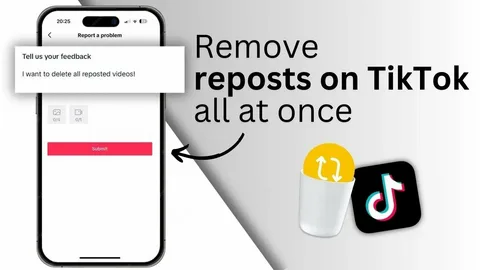How to Get Rid of Gum Infection Without Antibiotics
Introduction
Gum infections can cause pain, swelling, and bleeding, and if left untreated, can lead to more serious dental issues. This article will teach you how to get rid of gum infection without antibiotics, exploring natural methods to reduce inflammation, eliminate bacteria, and promote healing. By following these steps, you can address gum infections effectively and maintain better oral health.
Understanding Gum Infections
Causes of Gum Infections
Gum diseases are mainly attributed to bacterial buildup in the mouth. Here are some common causes:
- Plaque Buildup: Formation of plaques at the teeth and gums area.
- Poor Oral Hygiene: Poor personal oral hygiene practices such as brushing and flossing.
- Smoking: Causes gum disease and slows the process of healing of the affected part.
- Medical Conditions: This is because such diseases as diabetes put the health of the patient at a high risk of infections.
Symptoms of Gum Infections
Recognising the symptoms of a gum infection early can help in managing it effectively:
- Red, Swollen Gums: Writing down the two related symptoms, we get inflammation and swelling.
- Bleeding Gums: Especially during brushing or flossing your teeth.
- Bad Breath: Halitosis is a constant condition, that is, bad breath.
- Receding Gums: Gums that are receding from the teeth.
Natural Remedies for Gum Infections
Salt Water Rinse
- How it Helps: It has been ascertained that salt water has anti-inflammatory and antibacterial properties.
- Method: Allow a teaspoon to dissolve in warm water, then roll it in the mouth for half a minute. It can performed several times a day.
Hydrogen Peroxide Rinse
- How it Helps: There is nothing like anti-bacterial, which hydrogen peroxide possesses, and it has qualities which aid in the healing of gums.
- Method: Take one part hydrogen peroxide and one part water and mix. Swish the solution in the mouth for about thirty seconds and then expectorate. Do not swallow.
Tea Tree Oil
- How it Helps: Tea tree oil is another natural antibiotic. For instance, it can be used in the form of a lotion to clean industrial accident injuries due to its antiseptic nature.
- Method: Swishing your mouth with a solution of a few drops of tea tree oil in one cup of warm water can help. Alternatively, intrude on one drop of the toothpaste that you use when brushing your teeth.
Aloe Vera
- How it Helps: Aloe vera gel has anti-inflammatory and antimicrobial substances.
- Method: Put a small amount of pure aloe vera gel on the affected gums and let it stand for a few minutes, then rinse.
Oil Pulling
- How it Helps: Oil pulling can efficaciously lessen bacteria and plaque.
- Method: Opening your mouth rinse a tablespoon of coconut oil or sesame oil in your mouth for about fifteen to twenty minutes. Chop it, then put out the oil and cleanse your oral cavity with warm water.
Clove Oil
- How it Helps: Clove oil has pain-killing and bacteria-killing properties.
- Method: If using clove oil, dip a piece of cotton on the affected area and apply a small amount of it on the gums. However, used in large quantities, it can be rather potent so use it but in small amounts.
Good Oral Hygiene Practices
Regular Brushing and Flossing
Maintaining good oral hygiene is crucial in preventing and treating gum infections:
- Brushing: Clean your teeth with fluoride toothpaste at least twice a day.
- Flossing: It is recommended that one should floss daily in order to clear the area between teeth of the plaque and food particles.
Using an Antibacterial Mouthwash
- Purpose: Used in blunting their taste buds and also in administering small kills on bacteria and fresh breath.
- Type: Select a mouthwash that has some antibacterial properties to it.
Eating a Healthy Diet
- Avoid Sugary Foods: Avoid foods rich in sugar and starch, such as sweets, starched bread, cakes, soda, candies, soft, chewy candies and chocolates, since they provide ingredients for the formation of plaque on the teeth.
- Consume Nutritious Foods: The following nutrients that are vital for gum health should be consumed in plenty: vitamins, magnesium, calcium, iron, phosphorous, and zinc.
When to Seek Professional Help
Persistent Symptoms
If the symptoms do not subside after following the listed natural remedies, the need to see a dentist cannot be overemphasised. The prolonged symptoms of sharp, stinging, and painful sensations, inflammation, vivid redness, or bleeding should be treated by a professional.
Severe Pain or Swelling
A healthcare professional should treat severe pain or swelling that hinders daily functionality as soon as possible to avoid complications.
Conclusion
Gum infections do not require the use of antibiotics since they can be practically prevented and treated with the help of natural remedies and regular oral hygiene. Knowing the causes and signs of gum infections and methods like salt-water mouthwash, hydrogen peroxide, and EO, it is possible to minimise discomfort and support the healing process. However, more sophisticated complaints require professional assistance if they are prolonged or aggravated to avoid the worsening of the situation and get appropriate treatment.




Post Comment